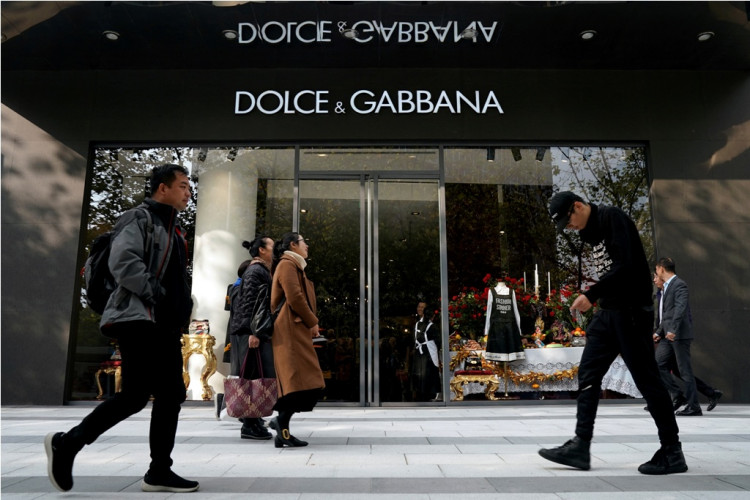The China-U.S. trade war is starting to affect two of the world's largest economies but Chinese consumers are surviving due to the increasing popularity of pre-loved or secondhand goods.
In an op-ed for Bloomberg, author of "Junkyard Planet: Travels in the Billion-Dollar Trash Trade," Adam Minter, said Alibaba and Tencent are empowering the lucrative business of selling secondhand goods.
According to Minter's write-up, China's pre-loved goods market expanded by over 450 percent between 2014 and 2018, hitting the $100 billion mark. The two companies spearheading the pre-loved items market are using social media and e-commerce to gradually erase the stigma on the sector.
Ever since the trade war started affecting the economy, Chinese consumers have been more welcome to the idea of purchasing used goods. Consumers have also found interest in the idea of reusing items to help save the environment.
Younger consumers are the ones more likely to explore the use of "sustainable" goods as more people become aware of how one-time-use products are affecting the planet and its inhabitants.
China was already known for its pre-loved goods market in the early 1980s but due to the income increases of many people and the government's restriction of importing secondhand products, the sector slumped.
Over the past few months, rising praises in brand-new retail stores helped awaken the sleeping pre-loved goods sector. In the clothing segment, government data revealed that purchasing percentages declined by almost 25 percent between 2017 and 2018 due to the price hikes.
Alibaba's Taobao marketplace has been helping attract the attention of Chinese consumers as its used-products network allows people to search for a wide range of goods. The same is true for Zhuanzhuan, an online free market that is popular among social media users.
The used-goods market of China has yet to shine as other lucrative business niches. However, industry experts believe it can thrive as the global economy is shaken by hiking prices and slower increases of incomes.
Just last week, Zhuanzhuan raised $300 million from Tencent and 58.com. The online marketplace's CEO, Huang Wei, said the funds will help the company get through "intense competition."
Analysts said Huang's statements could be an indication that the secondhand product's market is growing at a rate faster than expected as the trade war rages on and brand-new goods become harder to obtain.
Outside China, the pre-loved items market is also showing stellar growth. In the U.S., TheRealReal is just one of the firms that offer good-as-new used-goods. The said firm already made a public listing last year, with revenue expanding 55 percent than the previous year.





